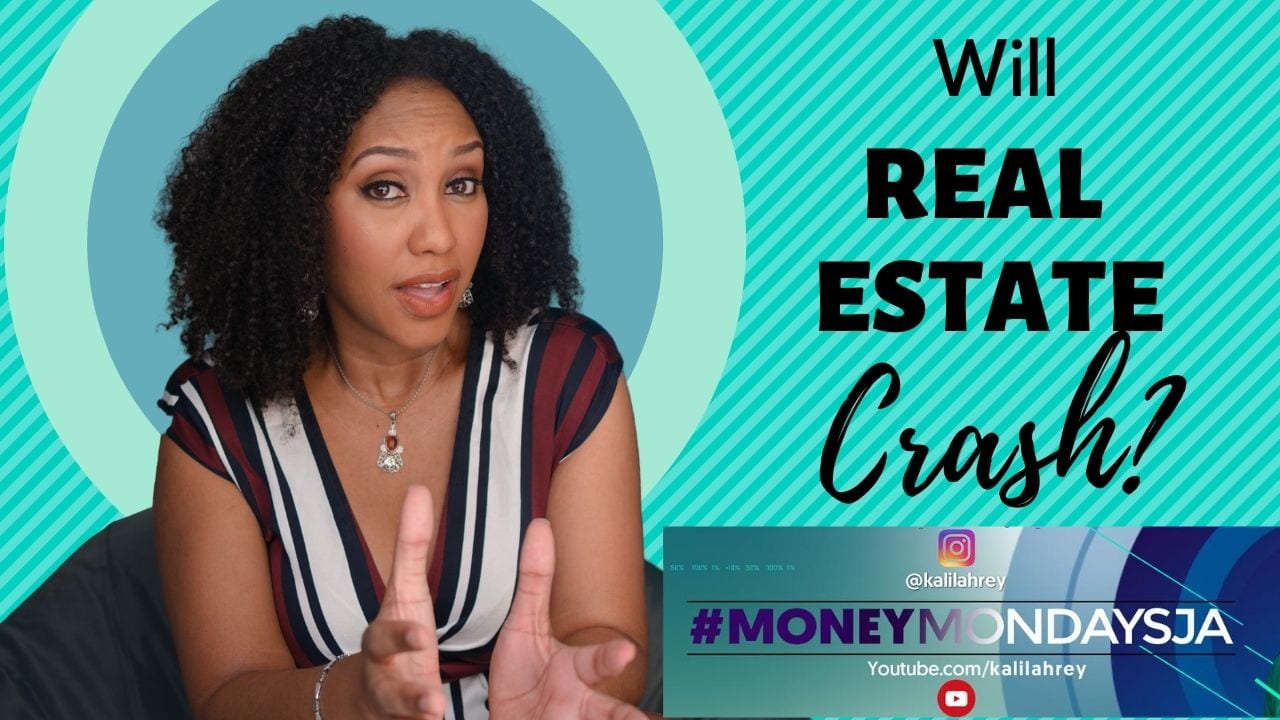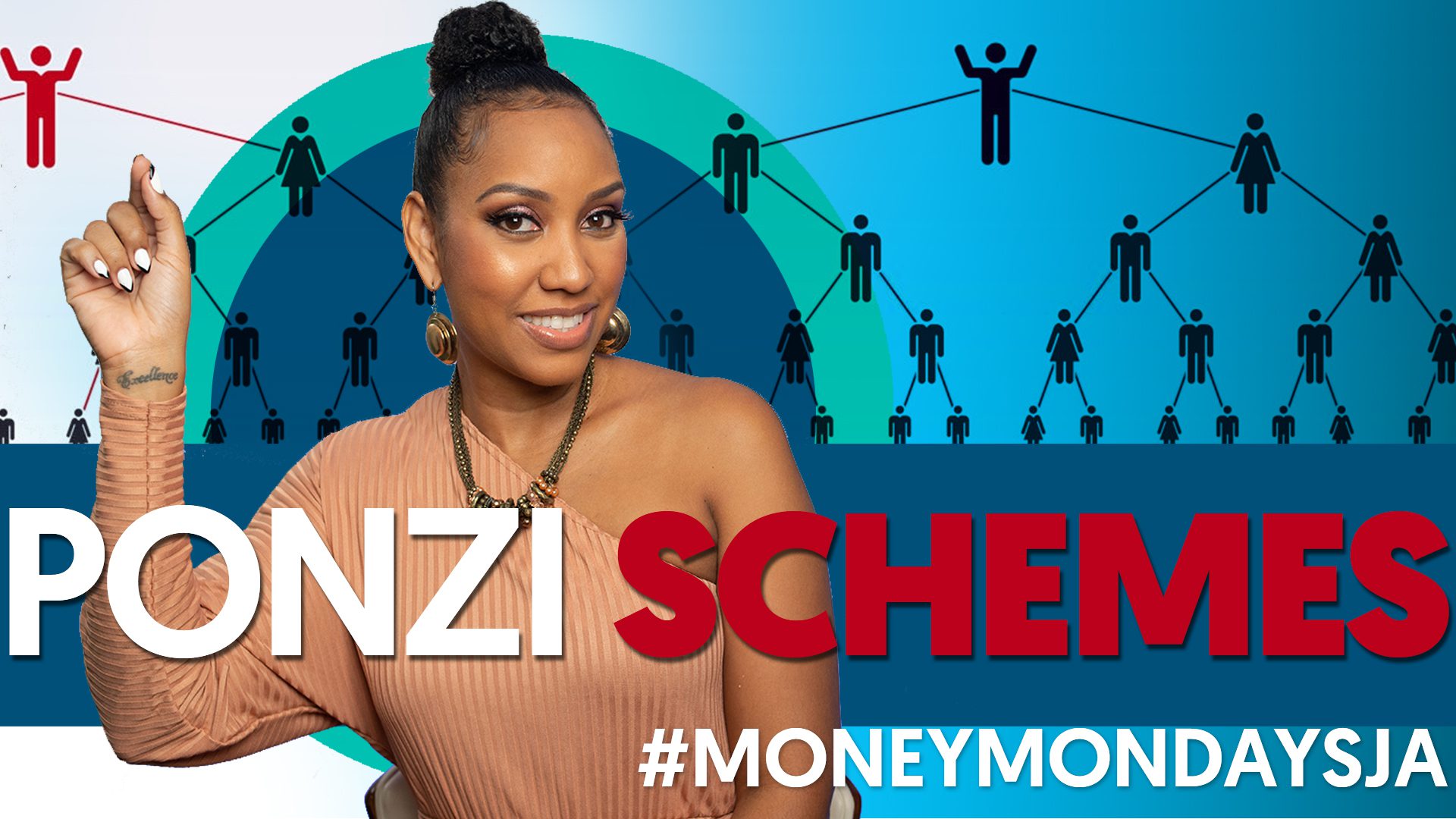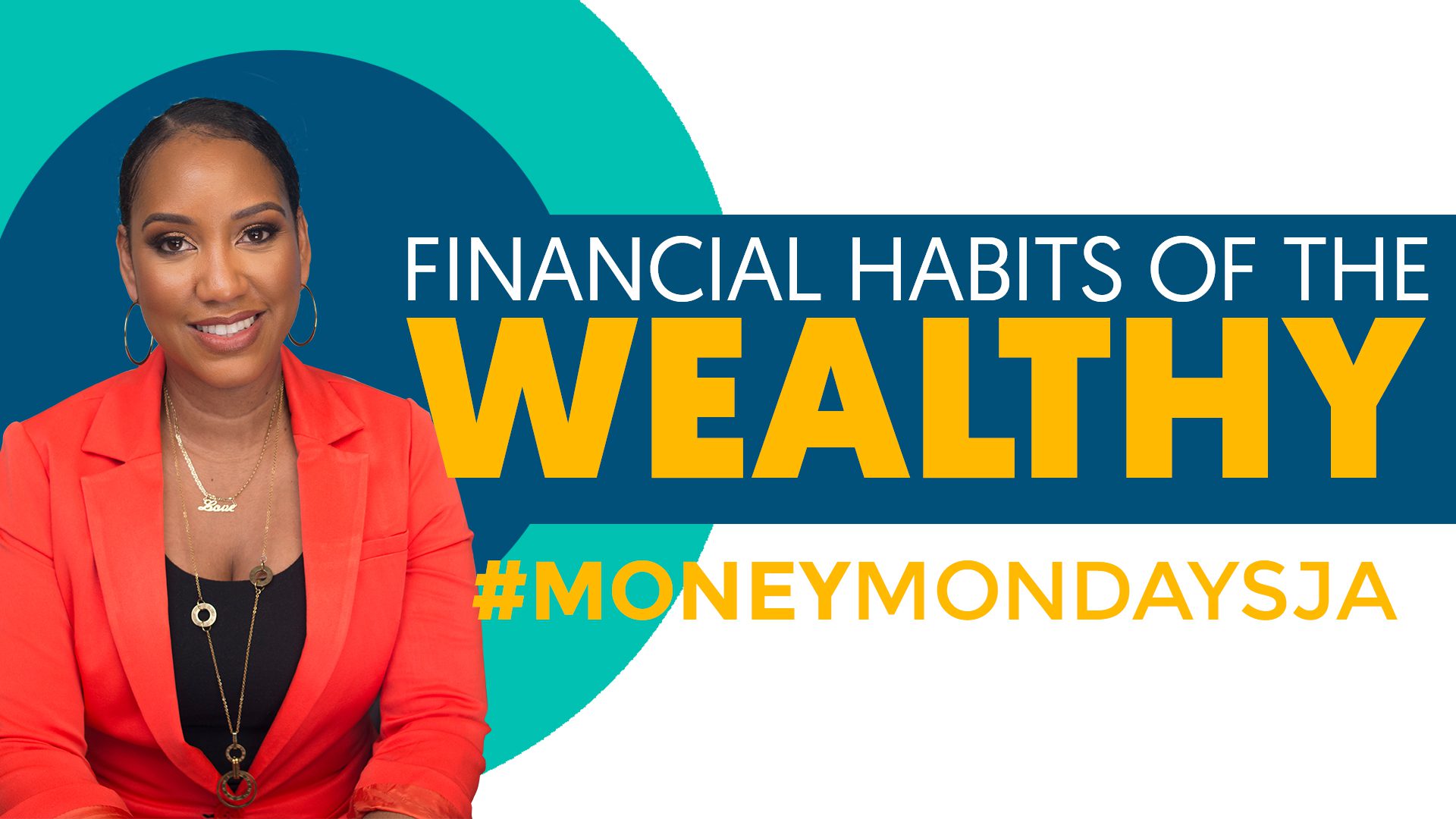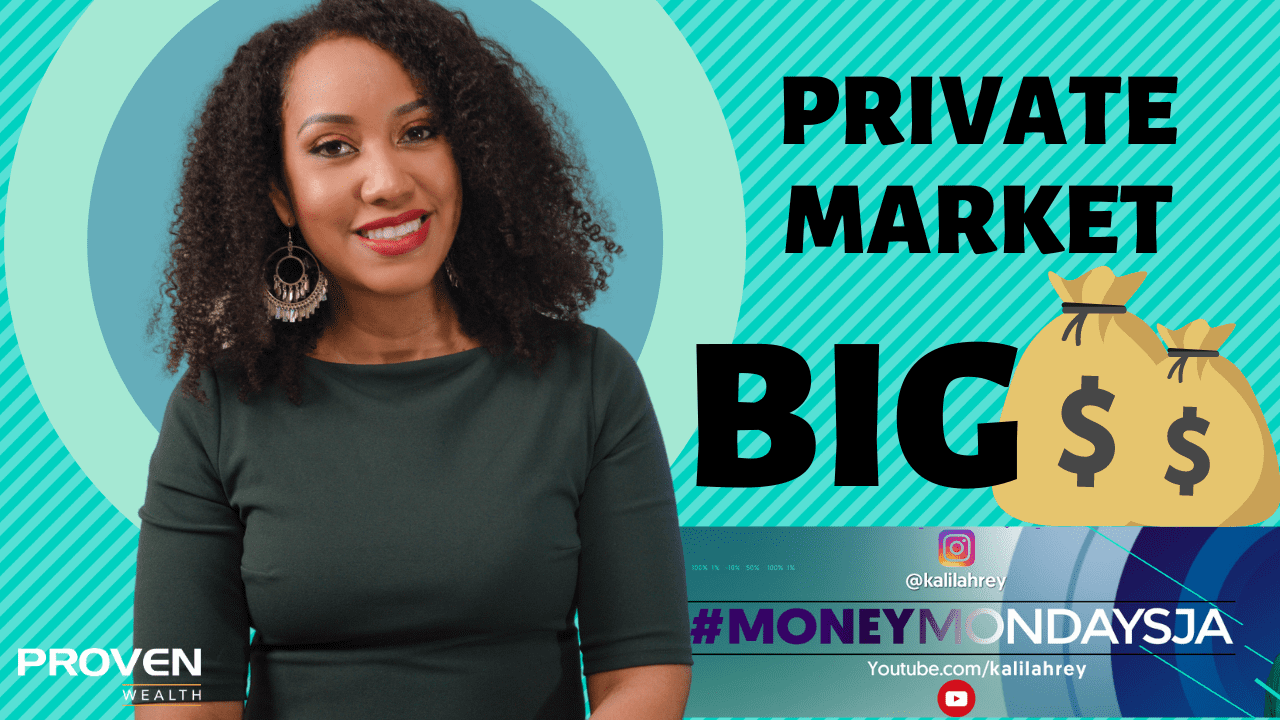Another year can not come and go and you’re still broke, you’re still struggling financially, can’t pay your bills! We are gonna turn that around this year.
I’ll give you five simple steps to turn your finances around; simple but you’re gonna have to be disciplined and consistent.
Another year can not come and go and you’re still broke, you’re still struggling financially, can’t pay your bills! We are gonna turn that around this year. I’m Kalilah Reynolds and it’s time for another episode of Money Mondays Ja.
Are you ready to transform your finances this year? Let me tell you how to do it.
First, you are going to make your budget. We talk about budgeting all the time and it’s a very simple exercise.
You will need to figure out what your expenses are and what are your income sources.
Think beyond just salary, what are ways that you can increase your income. It’s very important that we do this exercise because we need to budget for our financial freedom. After all, you may have one or two major financial goals for this year.
A goal for many people is to pay off their debt and another major goal is to start investing.
These are two things that will help you build wealth.
Do your budget, once you’ve figured out what your major expenses are, what your income sources are and what your potential income sources are, you can budget a line item for your financial freedom.
The next step will be to allocate a fixed amount towards either reducing your debt repayment or towards investments.
The budgeted item can be $5,000 or $10,000 or less, whatever it is that you have determined you can afford.
At this stage, you want to ensure that you are allocating the maximum amount towards that financial column.
A lot of people tend to ask; what should you do first? Pay off debt or start investing first?
Well, the answer depends on the type of debt you have and the interest rate attached to that debt.
If you have very high-interest debt, especially credit cards that are very high interest or microloans, you want to pay those before you start investing. This is because the interest that is gonna accumulate on that debt will hinder your investment journey.
If you’re spending $5,000-$15,000 a month paying off the interest alone, that is money that could be used to invest and build wealth, instead, it is accumulating in interest and holding you back.
So, if you have debt, especially credit card debt and microloans, you need to pay those off before you put anything towards investing.
Because the interest rates on these types of debt are very likely much higher than you are going to earn from investing.
Therefore if you put that money towards investing rather than towards reducing your debt, you are going to suffer a loss because chances are and I’m not saying that it’s not possible but it is likely you will earn less from investing than you would lose from that high-interest debt.
When it comes to things like mortgages and car loans, those interest rates in Jamaica tend to be less than 10 per cent.
Right now, if you have a recent mortgage you’re probably paying six, seven maybe eight per cent. car loan you’re maybe paying eight or nine per cent and you can generally be able to beat that by investing on the stock market.
In 2021, if you invested on the Junior Market of the JSE, you gained an average return of 30 per cent. So, because the return is higher than the interest rate on your loan then it makes more sense to put more money towards investing that to those types of low-interest rates debt.
I say “low” loosely because it’s low for the Jamaican environment but in other countries, seven, eight, nine per cent interest isn’t low.
On the S&P 500 in the United States, as well, 2021 was a pretty decent year. The average return there was about 30 per cent. So, there are opportunities to earn significant returns by investing on the stock market and like I said depending on the type of debt and the interest rates you have, you might want to pay off the debt first before you go all-in with investing.
The next step is to put that money allocated to repay your debt in a separate account.
Ensure that every month the money that you’ve allocated goes directly towards your debt reduction.
If it is a significant amount of debt and you really are feeling burdened then you may want to consider debt consolidation.
Debt consolidation is putting all your loans into one and several banks and financial institutions offer this option.
They might offer you a debt consolidation loan, where they’re going to package your credit card debt, your hire purchase debt, maybe even your car loan and your mortgage, if necessary, and put it all together in one.
And generally, what happens is you’re able to get a lower interest rate and a lower monthly payment than what you would be getting trying to pay off all these different types of debt to different lenders.
That can help you to manage the burden of debt. So, you can do a debt consolidation strategy, if absolutely necessary, this isn’t always necessary for everyone. If you can map out a plan and deal with your debt on your terms and it’s not strangling you, then you might not need to take this step.
So, you’re going to put that money into a special account that goes directly towards paying off your debt. This step is only necessary if you have debt, of course. Some people are very fortunate to not have any debt and can move on to the next step.
Opening up an investment account.
If you want to start investing, then you must have an investment account. First, you will need to choose a broker; there are 13 licensed brokers in Jamaica and my broker guide can choose the best one for you.
If you have been paying off debt and now you’ve gotten to the point where all your debt is paid off, you’re going to reallocate the same funds that you had been using to repay the debt and put it into your investment account.
You can ask your employer to set up a salary deduction to assist with this.
A salary deduction is simply money that your employer takes out of your paycheque every month and it goes straight to a particular source. You can ask your employer to send a specific amount of money to a specific account, in this case, it would be an investment account.
If you’re self-employed, you can set up a standing order through your online banking. This makes the payment automatically. So, whenever you get paid from clients, you can set it up so that a specific amount of money is transferred to your investment account.
The key here is consistency.
I’ve mentioned before that you can start investing with very little money, $500 or $1000. The key to growing your wealth is doing it consistently; to build upon your wealth.
You want to be purchasing stock every month, ideally every week or whenever you get money.
These are steps that if you do them consistently and with discipline, you are going to see a huge difference in your financial situation within this year.
Categories: MoneyMondaysJA
Audio Only
More #MoneyMondaysJA Episodes






Leave A Comment